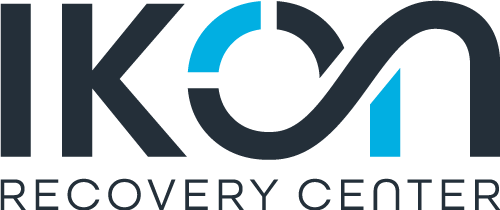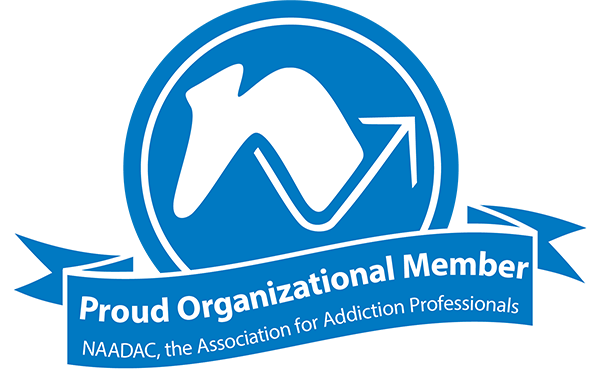What is Suboxone?
Suboxone is a prescription medication specifically designed to treat opioid use disorder, combining two active ingredients: buprenorphine and naloxone.[1] As a partial opioid agonist, buprenorphine attaches to the same opioid receptors in the brain that respond to drugs like heroin, fentanyl, and prescription painkillers.[2]
However, it produces a much milder effect, helping to reduce cravings and withdrawal symptoms without creating the intense high associated with other opioids. The naloxone component serves as an abuse-deterrent, activating only if someone attempts to misuse the medication by injecting it.
The FDA approved Suboxone as part of a comprehensive approach called medication-assisted treatment (MAT), widely recognized as the gold standard for treating opioid addiction.[3] When taken as prescribed under medical supervision, Suboxone helps stabilize brain chemistry, normalize body functions, and reduce the physiological cravings that often lead to relapse.
Unlike methadone, another medication used to treat opioid use disorder, Suboxone has a “ceiling effect” that lowers the risk of respiratory depression and makes it safer for outpatient treatment settings. Medical providers typically prescribe Suboxone as part of a structured treatment program that includes other support services.
The medication comes in two forms: a sublingual film that dissolves under the tongue or a tablet, with dosing carefully monitored and adjusted based on individual patient needs. While Suboxone effectively supports recovery from opioid addiction, it requires careful medical supervision since it can itself be addictive if not properly managed through a qualified treatment center.








